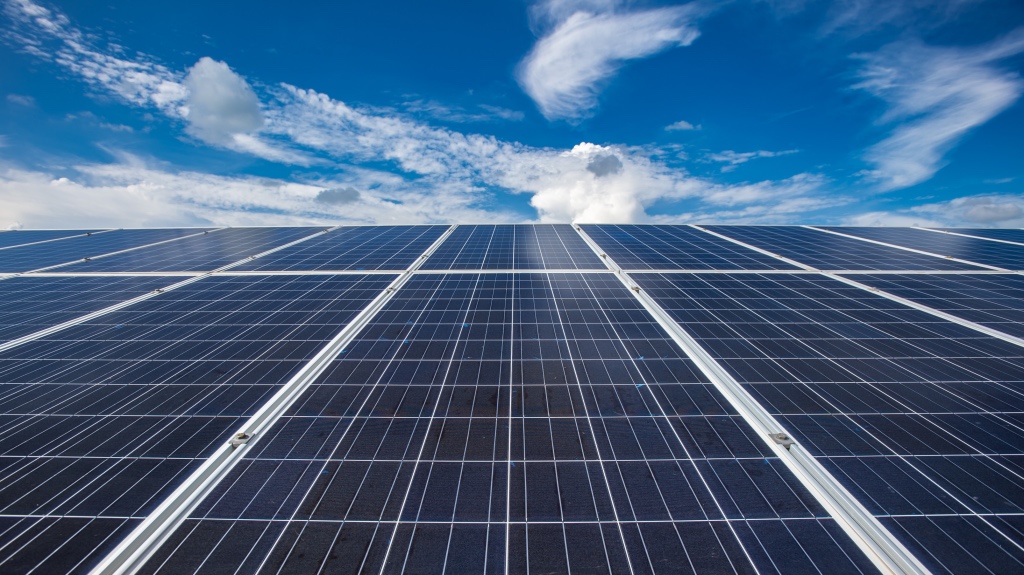Envisioning a Green New Deal for Canada

A Green New Deal for Canada would include a vision which encompasses biodiversity protection and job creation. It would enable Canada to incorporate and act upon the United Nations Declaration on the Rights of Indigenous Peoples (as well as Free, Prior and Informed Consent), as well as begin to implement programs and legislations that adhere to community engagement and align with sustainability. Furthermore, the dialogue that Canada must begin to encourage should happen from the ground up. We must ensure we embark on a path which cuts emissions over half, consults with the BIPOC (Black, Indigenous and People of Colour) communities, and creates over a million clean jobs, while bringing together communities everywhere. Fundamental change will occur when governance aligns with the needs of communities, institutions.
What a Green New Deal for Canada would entail:

1. Equity and Equality
Intergenerational justice, equity, and equality must be made mandatory in all decision-making processes on the municipal, national and federal level. All communities must be represented including: migrants, rural areas, impoverished communities, refugees, disabled people, and the working class. To ensure that equity and equality are considered, we can begin by promoting justice for under-represented and marginalized communities, provide accessible post-secondary education for all, ensure access to childcare, quality housing, healthcare, as well as job security that aligns with the sustainable sector. We must also make certain that Canada addresses and provides assistance to under-represented communities through action, while addressing the climate debt towards countries as a result of corporations which are in the Global South including: war, pollution, unethical work conditions, mining, etc.).

2. Green Infrastructure
There is a dire need in Canada for affordable, sustainable and accessible housing. Green infrastructure must be introduced that enhances equity and promotes the creation of renewable energy alternatives to fossil fuel. Green infrastructure should include and align with a target of 100% renewable energy, incorporate energy efficiency and provide access to sustainable transportation, enable food security, as well as involve a clean, green and efficient manufacturing process. Additionally, net-zero buildings should be mandatory for future developments, and older buildings must be retrofit to guarantee sustainability standards.
3. Economy
Green, clean economic planning would require prospective thought and action towards social and economic changes which promote the rights of workers while ensuring environments which encourage respect and well-being. This can be accomplished by aligning the economic market and future jobs with the IPCC climate target which states that the Earth must be kept below 1.5 degrees Celsius, through the creation of dignified high paying work for millions, including fossil fuel industry workers which would transition, implementing and increasing unionization for workers, as well as green subsidies for affordable sustainable housing and transportation.

4. Indigenous Sovereignty
A Green New Deal must include the implementation of the United Nations Declaration on the Rights of Indigenous Peoples while encourage Free, Prior and Informed Consent. Indigenous Knowledge and the Indigenous relationship to the natural world must be respected – this will require decolonization. Indigenous sovereignty can be implemented through legislature and declarations, as well as through acknowledgement and action towards the National Inquiry into Missing and Murdered Indigenous Women and Girls.

5. Conservation and Lowered GHG Emissions
It is essential that Canada preserve, conserve and protect its water, natural environment and overall health. Some suggestions that will promote conservation and lower GHG emissions: granting personhood to our natural world through an environmental bill of rights, eliminating toxic waste into any natural area, enacting laws that help to protect biodiversity and natural environments, and ethically ensuring the well being of our citizens through access to clean water, air and food. Furthermore, the fossil fuel industry should begin to divest away from fossil fuels towards sustainable and renewable alternatives, such as solar. This can be achieved through phasing out fossil fuels, and ensuring that they are developed and implemented in a way that contributes to and aligns with economic growth. We must facilitate policies, governance and legislature the eradicates the production of single-use plastics and reforms a sustainable alternative. We can do this by creating, developing and implementing alternatives to single use plastic, eliminating unnecessary packaging, and terminating boiling water advisories for Indigenous communities while concurrently offering sustainable alternatives.